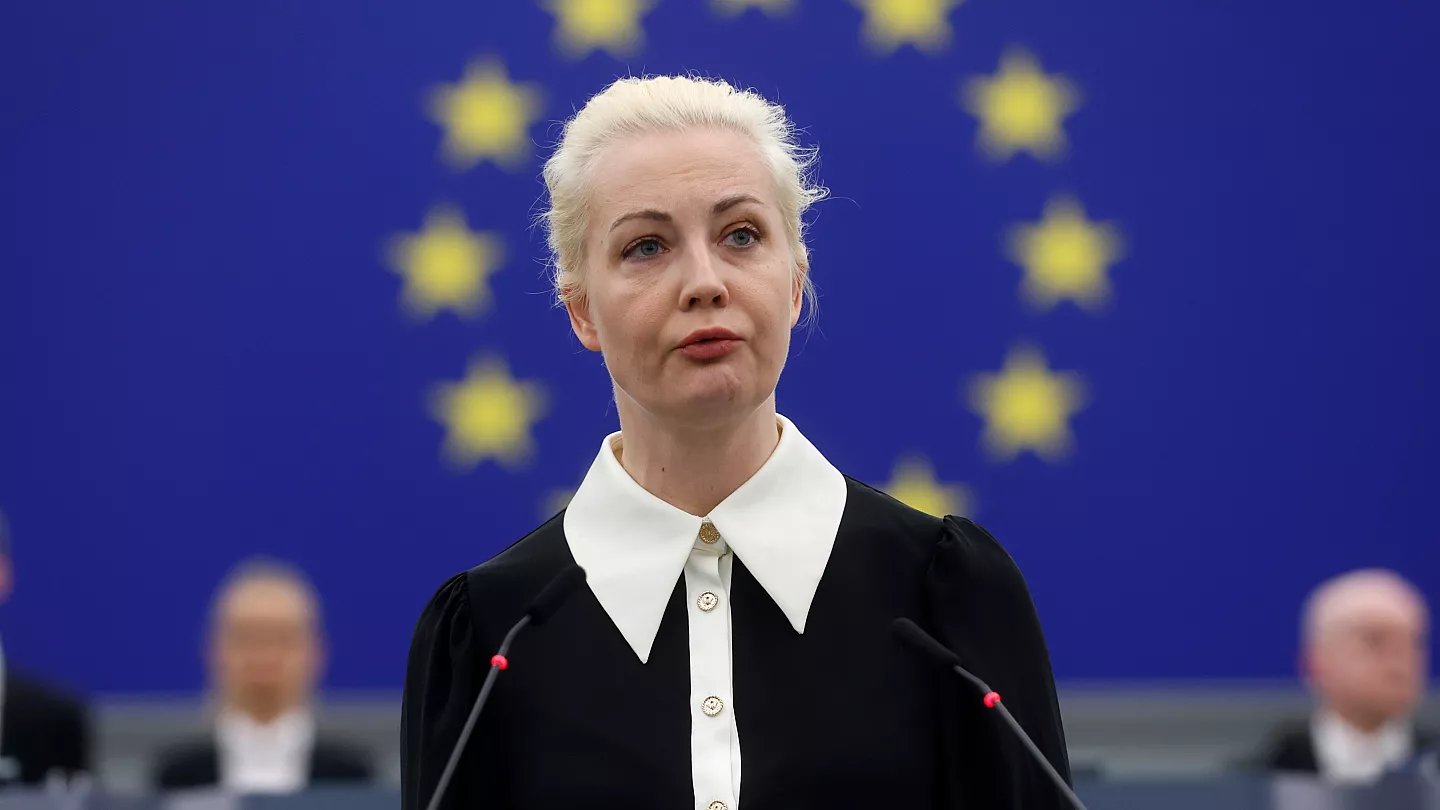Already a subscriber? Make sure to log into your account before viewing this content. You can access your account by hitting the “login” button on the top right corner. Still unable to see the content after signing in? Make sure your card on file is up-to-date.
Yulia Navalnaya, the widow of the late Russian opposition leader Alexei Navalny, has openly challenged the legitimacy of the upcoming presidential elections in Russia.
In a recent opinion piece for The Washington Post, she expressed her belief that not recognizing the election results would send a crucial message to both Russian civil society and those still loyal to President Vladimir Putin. She stated, “I’m not promising that refusing to recognize the results of the Russian presidential elections this weekend would lead to the instant collapse of the Putin government. But it would be an important signal to civil society in Russia and the elites still loyal to Putin, as well as to the world, that Russia is ruled not by a president recognized by all, but by someone who is despised and publicly condemned. Only then will those who remain loyal to Putin start to see that the one way to return to normal economic and political life is to get rid of him.”

Following the death of her husband in a remote prison, which incited international outcry and condemnation from figures including President Biden, Navalnaya has been vocal in her opposition to Putin’s regime. She reiterated a call to Western political leaders, urging them to support Russians opposing Putin and to dismiss the election results as illegitimate. “I call on political leaders of the West to help all Russian citizens who stand up against Putin’s gang. I urge you to finally hear the voice of free Russia and take a principled stand against him,” she said. Navalnaya also advocated for the implementation and strict enforcement of sanctions against Putin’s allies, aiming to build internal dissent and contribute to Putin’s downfall.
In addition to her appeals to international leaders, Navalnaya has encouraged domestic action against Putin’s presidency, calling on her late husband’s supporters and opponents of Putin to demonstrate their presence and opposition at the polls. She advised those against Putin to participate in the elections on March 17, the final day of voting, as a form of protest. “We need to use election day to show that we exist and there are many of us, we are actual, living, real people and we are against Putin,” she explained, suggesting that voters either choose an alternative candidate or spoil their ballot as a sign of protest.





